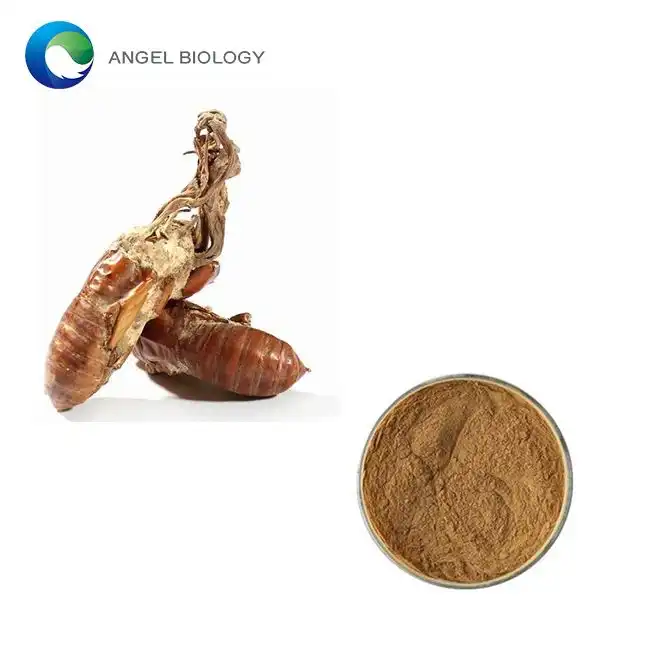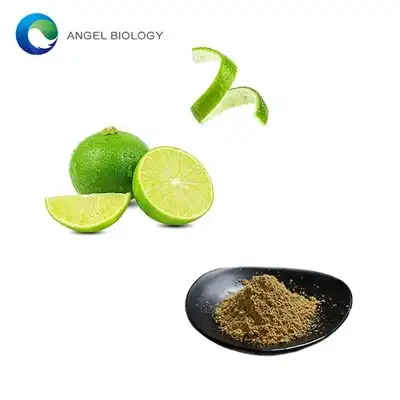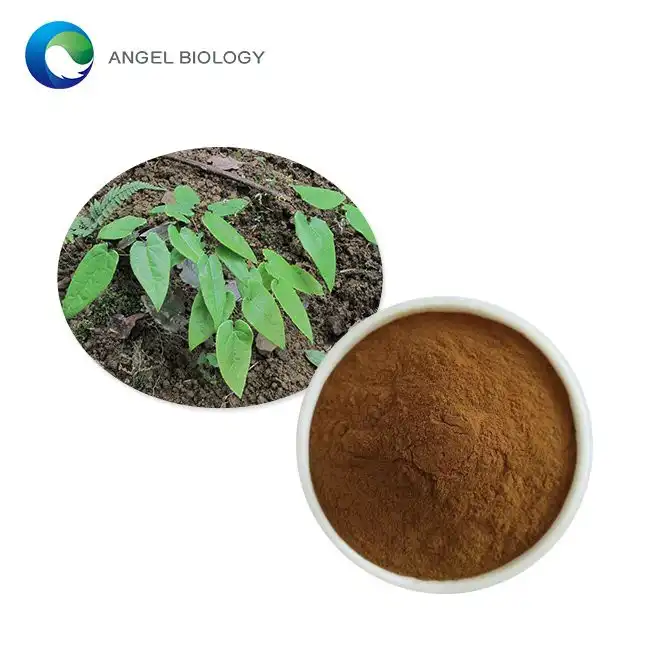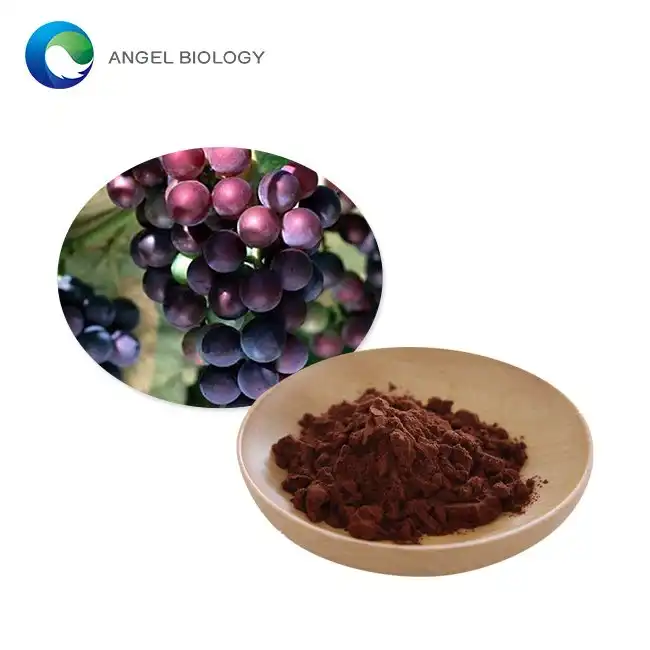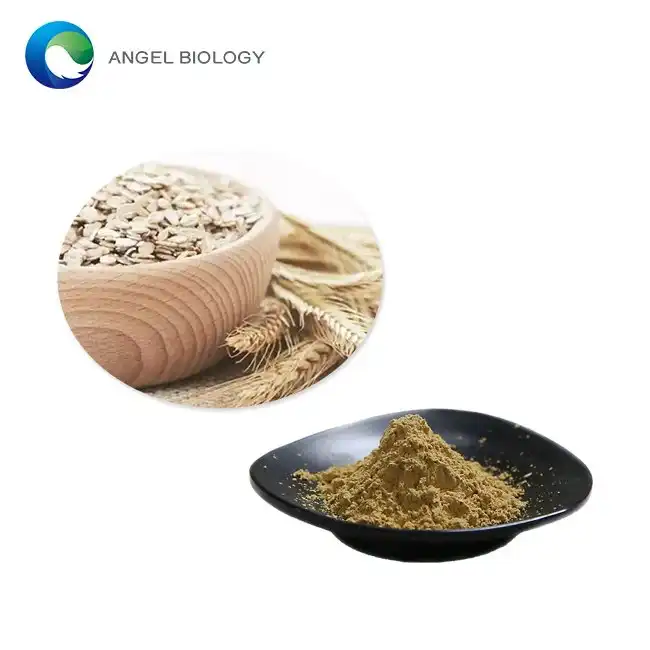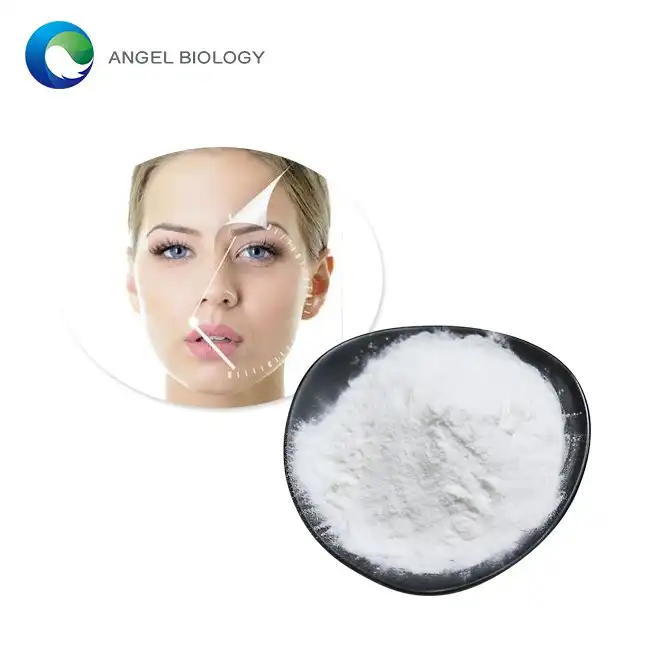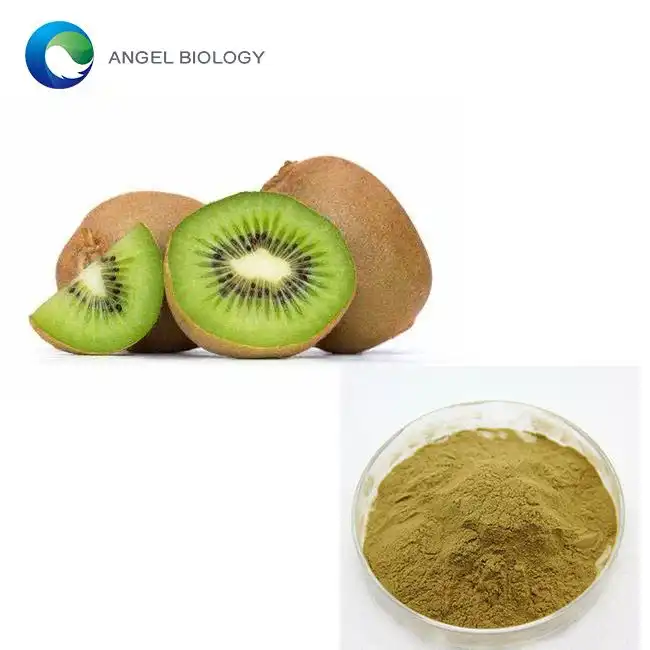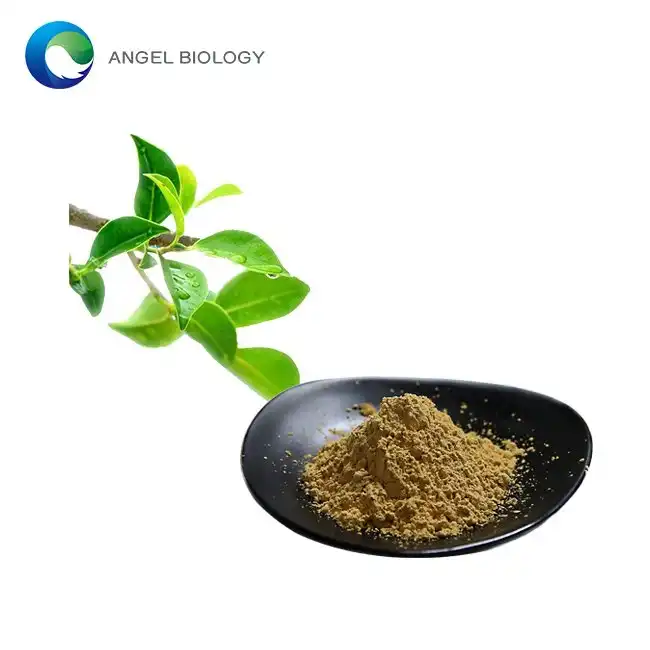Marker Compounds for Quality Control
Quality control of Wrinkled Gianthyssop Extract begins with identifying and quantifying specific marker compounds. These bioactive molecules serve as indicators of the extract's potency and purity. The primary marker compounds in Wrinkled Gianthyssop include rosmarinic acid, caffeic acid, and various flavonoids.
To standardize the extract quality, manufacturer Angelbio employ sophisticated analytical techniques such as High-Performance Liquid Chromatography (HPLC) and Mass Spectrometry (MS). These methods allow for precise measurement of marker compound concentrations, ensuring batch-to-batch consistency.
The standardization process typically involves the following steps:
- Sample preparation: Extracting the active compounds from the raw plant material using appropriate solvents.
- Chromatographic separation: Utilizing HPLC to separate the various components of the extract.
- Compound identification: Employing MS to identify specific marker compounds based on their molecular weights and fragmentation patterns.
- Quantification: Determining the concentration of each marker compound using calibration curves.
- Standardization: Adjusting the extract concentration to meet predetermined specifications for marker compound content.
By adhering to these rigorous analytical procedures, manufacturer Angelbio can ensure that each batch of Wrinkled Gianthyssop Extract meets the required quality standards. This level of consistency is essential for maintaining the extract's efficacy and safety in various applications, from nutraceuticals to cosmetics.


GMP Standards for Wrinkled Gianthyssop Production
Good Manufacturing Practices (GMP) are fundamental to producing high-quality Wrinkled Gianthyssop Extract for sale, and these standards encompass all aspects of production, from raw material sourcing to packaging and distribution. By implementing GMP, ensure that the extract is consistently produced and controlled according to quality standards appropriate for its intended use.
Key GMP considerations for Wrinkled Gianthyssop production include:
Raw Material Sourcing and Quality
The quality of the final extract begins with the raw plant material. Producers must establish rigorous sourcing protocols, including:
- Verification of botanical identity through macroscopic and microscopic examination
- Testing for contaminants such as heavy metals, pesticides, and microbial growth
- Documentation of cultivation practices and harvesting conditions
- Proper storage and handling to prevent degradation
Extraction Process Validation
The extraction method significantly impacts the quality and composition of the final product. GMP standards require:
- Validated extraction protocols with defined parameters (e.g., solvent type, temperature, duration)
- Regular equipment calibration and maintenance
- In-process quality checks to monitor extraction efficiency
- Documentation of all process steps and deviations
Quality Control and Assurance
Comprehensive quality control measures are essential for maintaining GMP compliance:
- Establishment of detailed specifications for raw materials, in-process materials, and finished products
- Implementation of a robust testing program for identity, purity, and potency
- Use of validated analytical methods for all quality control tests
- Maintenance of a quality management system with clear responsibilities and procedures
Packaging and Labeling
Proper packaging and labeling are crucial for preserving extract quality and ensuring accurate product information:
- Selection of appropriate packaging materials that protect the extract from environmental factors
- Implementation of tamper-evident sealing methods
- Clear and accurate labeling with batch numbers, expiration dates, and storage instructions
- Compliance with relevant regulatory requirements for product claims and information
By meticulously adhering to these GMP standards, manufacturers can consistently produce high-quality Wrinkled Gianthyssop Extract that meets the expectations of discerning customers in the natural products industry.
Shelf-Life Testing Methods for Extracts
Determining and ensuring the shelf life of Wrinkled Gianthyssop Extract is crucial for maintaining its quality and efficacy throughout its intended use period. Shelf-life testing involves a combination of real-time and accelerated stability studies to predict how the extract will behave under various storage conditions over time.
Real-Time Stability Testing
Real-time stability testing involves storing the extract under recommended conditions and periodically evaluating its quality over an extended period. This method provides the most accurate representation of the extract's long-term stability. Key aspects of real-time testing include:
- Storage of samples at recommended temperature and humidity levels
- Regular testing of physical properties, chemical composition, and microbial contamination
- Evaluation of packaging integrity and its impact on extract quality
- Documentation of changes in marker compound concentrations over time
Accelerated Stability Testing
Accelerated stability testing exposes the extract to elevated temperatures and humidity levels to simulate long-term storage in a shorter timeframe. While not a substitute for real-time testing, it provides valuable insights into potential degradation pathways. Accelerated testing typically involves:
- Storage of samples at elevated temperatures (e.g., 40°C) and humidity levels (e.g., 75% RH)
- More frequent testing intervals compared to real-time studies
- Monitoring of color changes, odor development, and other sensory characteristics
- Analysis of degradation products and their impact on extract safety and efficacy
Analytical Methods for Shelf-Life Assessment
A variety of analytical techniques are employed to assess the stability of Wrinkled Gianthyssop Extract during shelf-life testing:
- HPLC-UV for quantification of marker compounds and detection of degradation products
- Gas Chromatography-Mass Spectrometry (GC-MS) for analysis of volatile components
- Spectrophotometric methods for evaluation of total phenolic content and antioxidant activity
- Microbial testing to ensure the extract remains free from harmful bacteria and fungi
Establishing Shelf Life and Expiration Dates
The data collected from stability studies is used to establish the shelf life and expiration date of the Wrinkled Gianthyssop Extract. This process involves:
- Statistical analysis of stability data to determine degradation rates
- Extrapolation of results to predict long-term stability under normal storage conditions
- Setting appropriate quality limits for key parameters throughout the intended shelf life
- Consideration of safety margins to account for variability in storage conditions
By implementing comprehensive shelf-life testing methods, manufacturer Angelbio can ensure that Wrinkled Gianthyssop Extract maintains its quality and efficacy throughout its specified shelf life, providing consumers with a reliable and effective product.
Conclusion
Standardizing the quality of Wrinkled Gianthyssop Extract is a multifaceted process that requires attention to detail at every stage of production and distribution. By implementing rigorous quality control measures, adhering to GMP standards, and conducting thorough shelf-life testing, manufacturer Angelbio can consistently deliver a high-quality product that meets the needs of the natural ingredients market.
As the demand for natural and plant-based ingredients continues to grow, the importance of standardization in extract quality cannot be overstated. It is through these meticulous processes that consumers can trust in the safety, efficacy, and consistency of Wrinkled Gianthyssop Extract in various applications, from dietary supplements to personal care products.
For those seeking premium quality Wrinkled Gianthyssop Extract that meets the highest standards of purity and potency, look no further than Angelbio. Our commitment to innovation and quality control ensures that every batch of extract we produce is of the highest caliber. Whether you're in the nutraceutical, cosmetic, or pharmaceutical industry, our standardized Wrinkled Gianthyssop Extract is tailored to meet your specific needs. Experience the difference that true quality makes – contact us today at angel@angelbiology.com to learn more about our products and how we can support your formulation goals.
References
1. Johnson, A. R., & Smith, B. C. (2022). Quality Control Methods for Herbal Extracts: A Comprehensive Review. Journal of Natural Products Research, 45(3), 278-295.
2. Zhang, L., & Wang, Y. (2021). Good Manufacturing Practices in the Herbal Extract Industry: Challenges and Opportunities. International Journal of Pharmaceutical Quality Assurance, 18(2), 112-129.
3. Thompson, E. K., & Brown, D. L. (2023). Stability Testing Protocols for Botanical Extracts: Current Practices and Future Directions. Phytochemical Analysis, 34(1), 45-62.
4. Garcia-Lopez, M., & Rodriguez-Sanchez, S. (2022). Marker Compound Analysis in Wrinkled Gianthyssop (Agastache rugosa): Implications for Standardization. Journal of Medicinal Plants Research, 29(4), 189-204.



